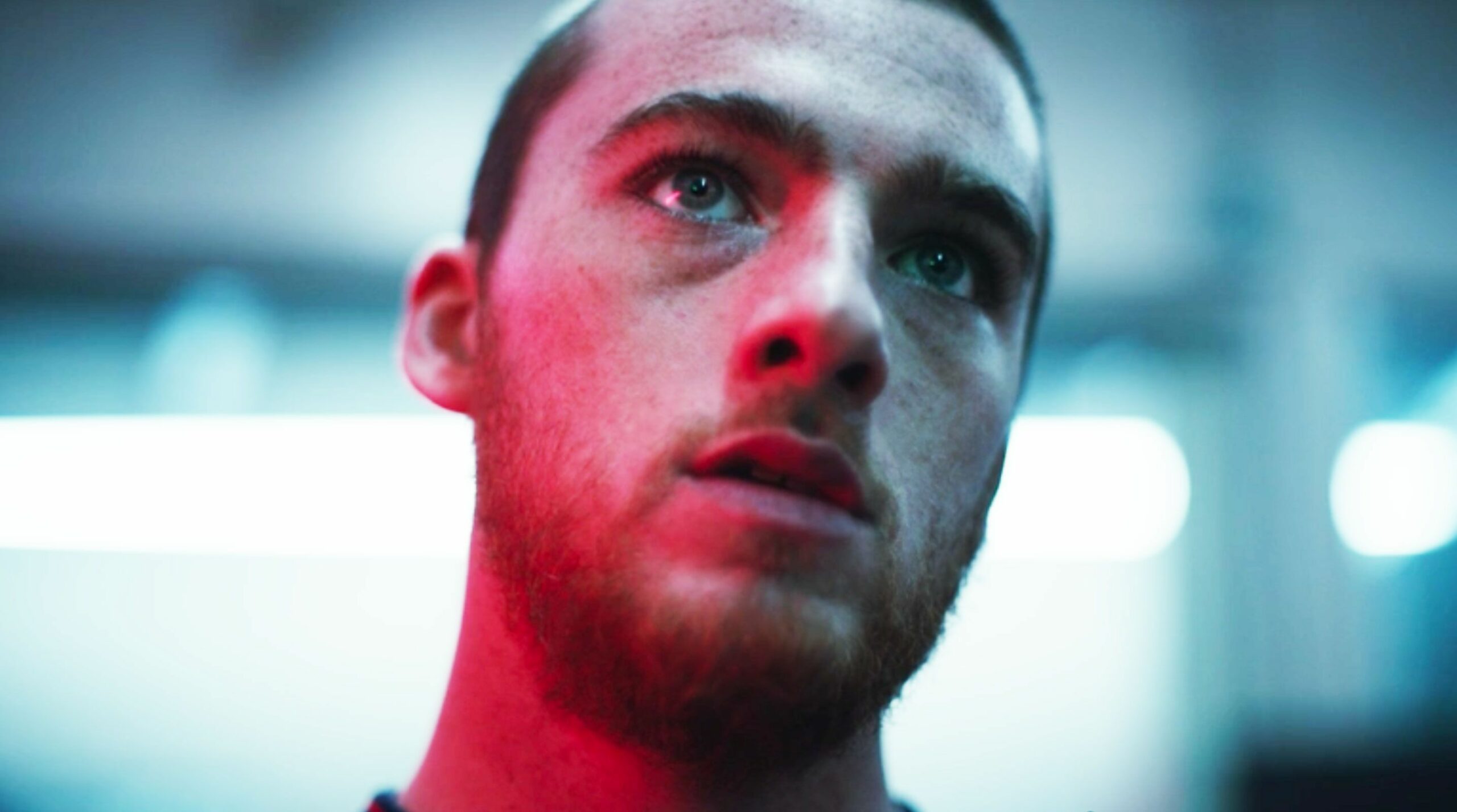Is HBO’s ‘Euphoria’ Based on a True Story?

While the teenage experience is a wide, unboxable spectrum, I think it’s safe to say that most people go through high school without all the chaos presented in Euphoria—much of the drama in the show is played up to unbelievable degrees. Still, ideas have to come from somewhere, right?
Therefore, it’s only natural for viewers to wonder whether or not the show is based on someone’s real experience. The short answer is, yes and no, with a heavy emphasis on “no.” But as always, there’s more to it than just that. Here are the parts of Euphoria that are real.
The Original Series
Before Sam Levinson’s take on this subject, there was another Euphoria to speak of: an Israeli miniseries of the same name. The original Euphoria followed a fairly similar plot, that of a group of teenagers with little to no parental supervision who wiled away the hours by being wild.
Some of the characters are fairly similar, such as the lead, Hofit, being pretty Rue-like. But a central plot point of the Israeli show is the murder of Raanan, based on the real-life murder of a teenager named Ra’anan Levy. Perhaps this allowed director Ron Leshem to create a show with a great deal more empathy and thoughtfulness behind its characters and story, the likes of which Levinson’s rendition lacks, in favor of sensationalism and shock value.
A Specific Upbringing
Levinson was born into a family of artists and entertainment industry veterans, so his path into the industry himself was a fairly straightforward one. Many might consider this to be a life of comparative privilege, but he’s been very vocal about his struggles with addiction:
“I spent the majority of my teenage years in and out of hospitals, rehabs, and halfway houses. I was a drug addict, and I’d take anything and everything until I couldn’t hear or breathe or feel. Somewhere around the age of 16, I resigned myself to the idea that drugs could kill me, and there was no reason to fight it; I would just let it take me over and I’d made peace with that.”
Sam Levinson, Variety
His personal experiences have, therefore, likely colored much of Rue’s struggles with addiction, and it shows: her scenes where she spirals are some of the most raw, visceral scenes on television. When tackling such scenes, the series truly demonstrates its fullest potential, both due in part to Levinson’s personal knowledge and, of course, Zendaya’s immense talent.
As for the rest…
Let’s be real for a second: the sex and “female perspective” portrayed on the show is hardly done with the touch of someone who is either age-appropriate for the subject matter or experienced in such affairs. Cassie’s struggles as a young woman aren’t portrayed with any real degree of kindness, as she’s instead turned into a character who seems to have been written to be hated. Kat’s exploration of her sexuality is glorified and romanticized in a way that feels reckless, especially in regards to her stint as a sex worker. And framing Maddy’s first foray as a sexual being when she was fourteen as an act of power is just…enough, gross.
Yes, many of the actors are taking from their own lives in their portrayals of their characters. But ultimately, it’s not their story being told—I believe what we’re watching is a fetishized portrayal of youth. Hopefully, the next season will be more grounded in this regard.
(Featured Image: HBO)
Have a tip we should know? tips@themarysue.com